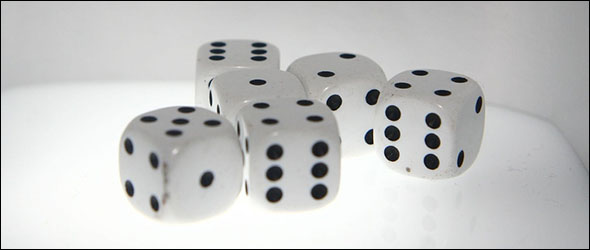
NOTE: This is probably the most controversial article on the blog. I myself learned a lot from the discussion in the comments that followed, and I am willing to admit my current thoughts on this subject are quite different from when I initially wrote this. However, I think there is great educational value in keeping this article and the comments up. That being said, I would appreciate it if people read all the comments and my responses before making judgments about my perspective on the issue, as I think my initial article doesn’t explain my point of view all that well, and can lead to misinterpretations of my thoughts.
During elementary and high school, I felt as if numerous sources in society were encouraging the concept of “nobility” as the greatest thing in the world. Things like school and the media were constantly championing ideas like volunteerism, servant leadership, environmentalism, etc. to the point where it was suggested that being a “good, noble” person involved thinking and acting with those ideas in mind.
And while I myself was swept up by those ideas, especially during high school, I began noticing some problems when I entered university. I started realizing that issues aren’t as simple as we often make them to be. For instance, bring up a random high school discussion on the environment, and you often hear things like “yah, coal plants are bad! We should get rid of all of them and power our cities completely with solar energy” followed by nods of agreement. But then if you do a bit more research, you start to learn that solar panels are currently pretty expensive as well as take up a ridiculous amount of space, such that it may just not be feasible.
It seems that the more you know, and the more open you are to possibilities, the more complex the world becomes.
The concept of nobility is particularly prevalent with “premeds” and their interest in medicine. A lot of students seem taken by the idea that it’s good to be pursuing medicine for the “right reasons” – usually this refers to pursuing medicine for the sake of practicing medicine, often driven by the desire to heal others, improve lives, or an interest in a specific field of medicine. Conversely, these same students usually see it as sort of taboo to be pursuing medicine for the money or prestige.
Personally, while I am generally interested in people’s motivations for what they do, I don’t think it is right to judge a medical school applicant solely on their intentions. I think it’s wrong, and kind of illogical, to immediately associate noble intentions with good and not-so-noble intentions with bad, in terms of being a physician.








